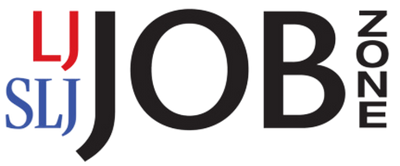Job Description
Job Description
Position Purpose: Act as a role model to persons in recovery/seeking recovery; model and mentor the recovery process and demonstrate healthy coping skills. Help expectant parents with SUD history to engage in community supports to ensure safe, healthy infants and supported families.
Principal Responsibilities:
Community Case Management
- Conduct an in-home assessment with referred parent, identifying the full scope of needs.
- Facilitates client access to community resources, providing warm handoffs to the home visiting program that the family identifies as best fitting their needs.
- Advocate on behalf of participating parents to protect the family’s rights and to assist in reducing associated stigma.
- Assists client to develop and make contact with natural social support networks.
- Assist in the development and delivery of a plan of safe care on identified infants.
- Maintain contact with the client and/or other individuals or agencies for the purpose of meeting the goals and objectives defined in the case management plan. Contact may be face to face or via phone. Assess for any new barriers or unmet needs.
- Work with identified parents and families and provide follow up with families regularly pre-natal through 12 weeks post-partum.
- Document case management services in the client’s file. The services must be clearly linked to the case management.
- Network with and become familiar with other local agencies and services that might be of service to clients during and after residential placement.
- Participate in community collaborative groups and monthly Peer Navigator Mentorship Cohort.
Preparation, Experience and Skills:
- One to three years’ experience as a recovery coach in a licensed SUD program. CCAR/CPRC certification.
- Three to five consecutive years of quality, active recovery from an addiction. If a former client of Ten16, must have 2 years from the last date of service to be considered for a position.
- Education a secondary consideration. Preference would be associate or bachelor’s degree in human services or related field.
- Community Health Worker (CHW) certification within 2 years.
- Working knowledge of recovery principles, grounded in understandings of multiple pathways, person-centered support and trauma-informed care.
- Excellent people skills; experience in outreach, networking, and helping others.
- Strong professional boundaries; willing to make changes in community interactions recognizing dual relationships that will be created working as a recovery coach.
- Strong orientation toward a team approach to service delivery.
- Demonstrated understanding of confidentiality and good written communication skills
- Solid computer and time management skills; must be sufficient to meet the documentation requirements and productivity goals of the position.
